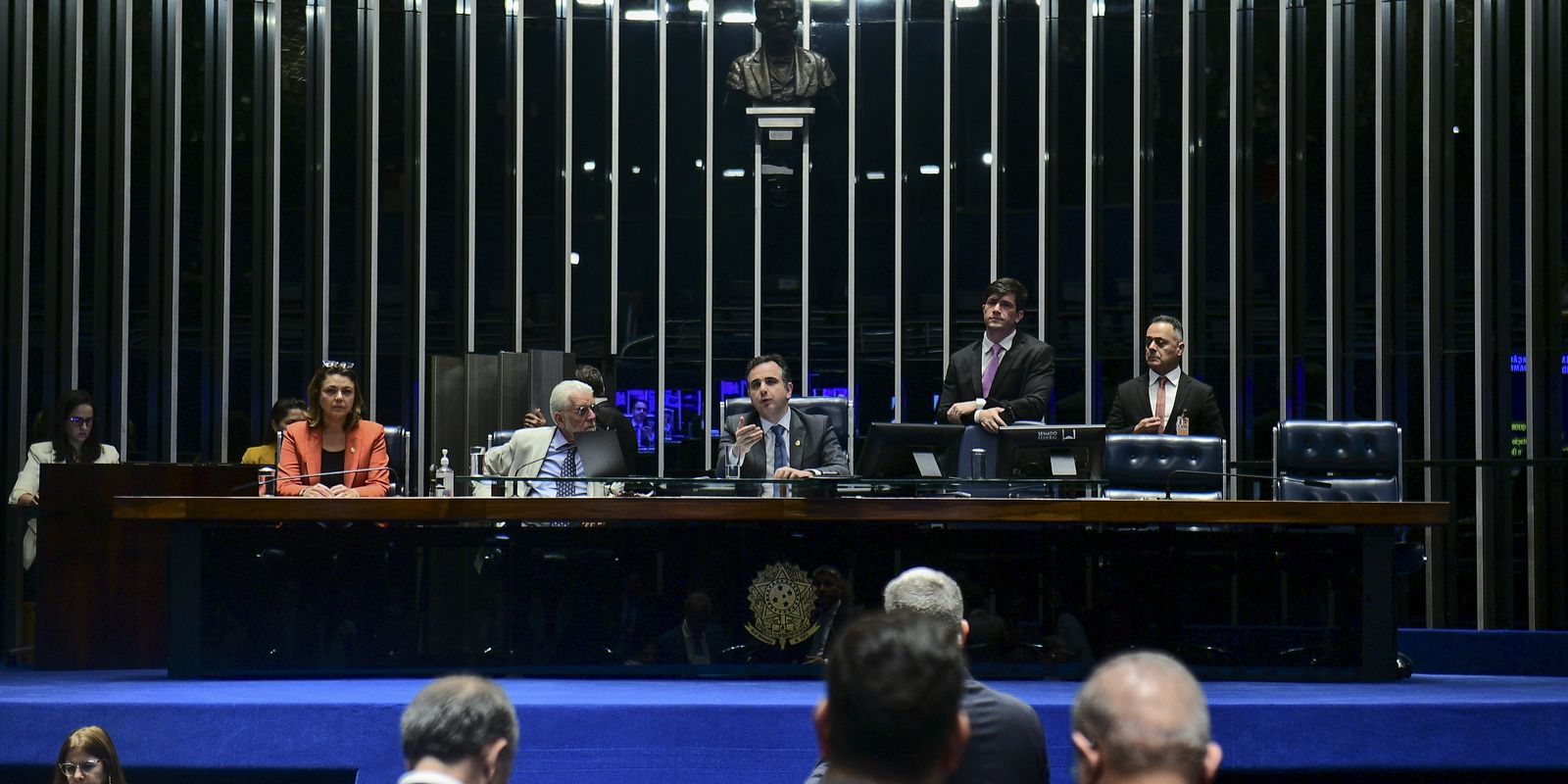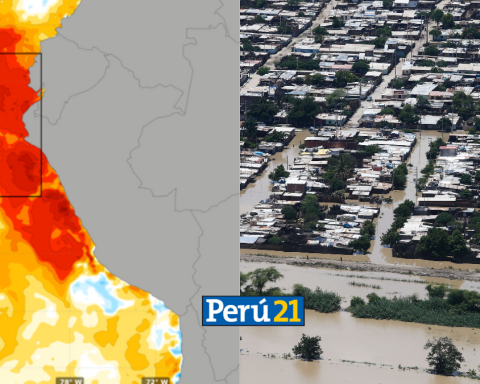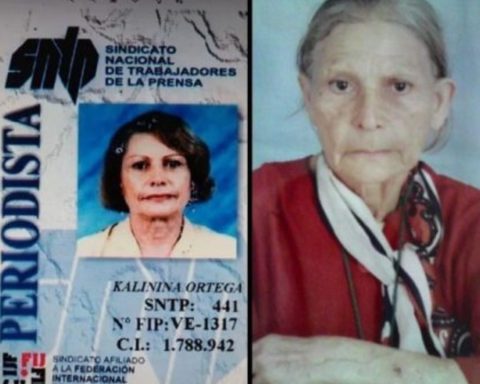The Senate approved, in two rounds, the proposed amendment to the Constitution (PEC) 54/24 which deals with cutting government spending. Among the measures approved are changes to the PIS/Pasep allowance, the allocation of resources from the Basic Education Maintenance Fund (Fundeb) and the extension of the Untying of Union Revenues (DRU). With approval, the text goes to the National Congress for promulgation.
In the first round, there were 53 votes in favor and 21 votes against the PEC ordeal and 55 votes in favor and 18 against in the second round. The approval of the text, on Thursday night, is part of the government’s effort to control the growth of mandatory expenses, such as personnel and social programs. The expectation is that the senators will meet this Friday (20) to analyze another project in the package that limits the real gain of the minimum wage to the limits of the fiscal framework (inflation and real gain between 0.6% and 2.5%)
PIS/Pasep allowance
The approved text changes the salary bonus under the PIS/Pasep Program, of up to one minimum wage, paid to workers who earned up to two minimum wages per month in the previous year. The current rules determine that the annual correction is made by the variation in the National Consumer Price Index (INPC) plus the real gain in the Gross Domestic Product (GDP) from two years before. In other words, the same rule for adjusting the minimum wage.
The approved change determines that the value of the PIS/Pasep allowance will only be corrected by the INPC from 2026 onwards. The salary will be paid to workers who have received two minimum wages in the base year, which will be 2023, which is equivalent to R$ 2,640. The access salary will be reduced until it reaches one and a half minimum wages, which, in the government’s forecast, should occur in 2035.
Fundeb
Currently, Fundeb must contribute at least 23% of the total resources of state funds to promote education until 2026. The fund finances public education networks, from kindergarten to high school and is financed by revenue from the states and from municipalities, but receives supplementation from the Union when entities do not reach the minimum amount per student per year.
The text sent by the government changed the rules for this supplement, determining that up to 20% of this supplement from the Union to the fund could be directed to promoting the maintenance of full-time enrollment.
The proposal was changed during the PEC’s processing in the Chamber of Deputies, determining that the allocation would be limited to up to 10% in 2025. In the following years, the rule established that at least 4% of resources must be allocated to full-time enrollments. This must occur until the full-time education goals established in the National Education Plan are achieved.
The senators excluded from the text another change made by the deputies: the permission for Fundeb resources to be used in the National School Meal Program (Pnae) and the School Health Program (PSE). The argument was that this purpose is not foreseen in the rules of the fund, intended to improve education and supplement professionals’ salaries.
DRU
Regarding the Untying of Union Revenues, whose term would end in 2024, the PEC determines its extension until 2032, allowing the government to make budget execution more flexible up to a limit of 20% of all federal taxes linked by law to funds or expenses.
DRU’s main source of resources are social contributions, which account for around 90% of the unlinked amount. According to the approved text, in addition to social contributions, intervention contributions in the economic domain (Cide) and fees, the decoupling will also affect patrimonial revenues, which are those obtained through the use of Union assets, such as rents, dividends, financial compensations/ royalties, real right of use, among others.
The decoupling will not apply to the Pre-Salt Social Fund and certain revenues from oil exploration earmarked for public education and health: royalties and special participation from areas that began producing as of December 3, 2012 and the Union revenues arising from agreements to individualize oil production (definition of how much can be extracted from fields supplied by the same deposit).
The text also makes it clear that the DRU does not affect resources that must be transferred to states and municipalities by constitutional or legal force.
Until 2032, linking revenues to expenses cannot result in growth greater than that allowed for primary expenses. This means that future changes to the application floors in health and education, for example, cannot lead to an increase in spending above the fiscal framework limit.
Super Salaries
In relation to super salaries, the proposal sent by the government provided for a complementary law to deal with funds that could be outside the salary ceiling, which is currently R$44 thousand per month, the value of the allowance for ministers of the Federal Supreme Court (STF).
The text approved by Congress says that these gaps in the ceiling can be dealt with in ordinary law, instead of in a complementary law. Ordinary law requires a smaller quorum for approval. Furthermore, the text provides that, until the ordinary law approved by Congress is published, the rules for the extract will be those currently provided for in the legislation.
The PEC also addresses limitations on the part of the federal Executive in relation to the granting of subsidies, grants and benefits of a financial nature. This reduction may be made to fulfill the duty of executing budgetary schedules within the limits of the fiscal framework.
*With information from Agência Senado














